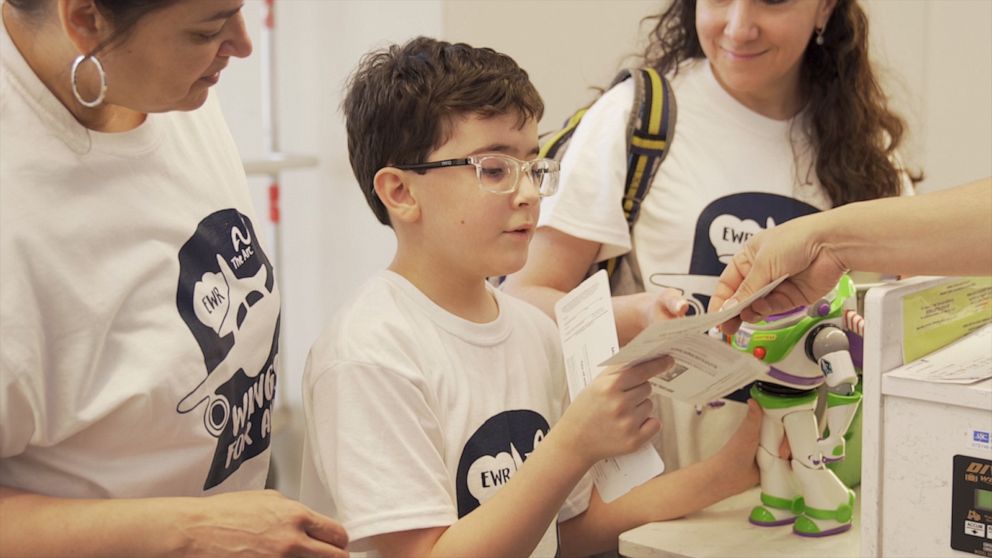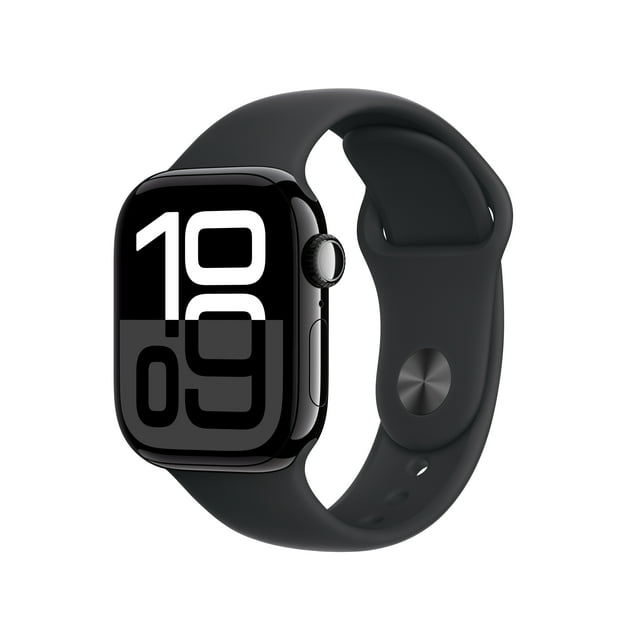Airlines offer programs to help people with autism, other developmental disabilities
Airline travel is often stressful for people not on the autism spectrum -- the crowds, the lines, the rules, the tight quarters.
Now imagine you're a person who struggles to make sense of the world around you. Crowds might be overwhelming; sounds may present as too loud; and taking off your shoes doesn't make any sense.
There are 61 million Americans living with a disability, whether physical, developmental or both. And they fly.
In recent years airlines have stepped up both training and offerings for those living with disabilities.
Delta Air Lines' Taking Flight Tour is a monthly guided tour at Atlanta and Minneapolis airports to provide customers the opportunity to navigate the air travel experience in a realistic, relaxed environment.

The tour walks participants through the air travel experience starting with the check-in process, going through screening, waiting in the gate area and boarding the aircraft with Delta pilots and flight attendants.
Atlanta even offers a multisensory room for customers that provides a calming space for children, individuals with disabilities and their families as they travel.
On American Airlines, the "It's Cool to Fly" program is a similar mock travel experience.
Families concerned about their kids dealing with the hustle and bustle of air travel are able to experience nearly every aspect of it without actually taking off. They park, check-in, wait at the gate, board, taxi, return to the gate and retrieve their luggage. The experience lasts about 3 1/2 hours and moves from airport to airport.
JetBlue, which periodically offers the "Blue Horizons" program along with nonprofit Autism Speaks, also offers a simulated flight experience complete with applied behavior analysts at the event.
United's "Wings for All" is done in conjunction with The Arc of Texas and runs a real-life simulation of the air travel experience at George Bush Intercontinental Airport in Houston twice a year. Families practice getting boarding passes, passing through security check, waiting in the boarding area and boarding an airplane. On the plane, they buckle up, have a beverage and snack, and listen to the captain’s announcements and can practice using the seats, tray tables and aircraft restrooms.
Wings for All is not limited to United; it's a national program with events all over the nation. Here's a link to upcoming events.





